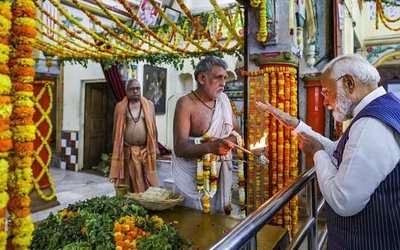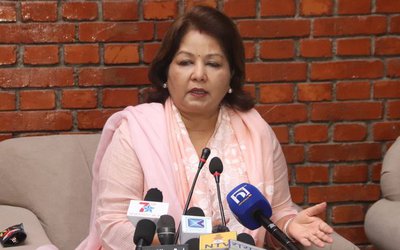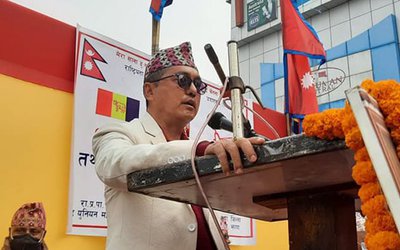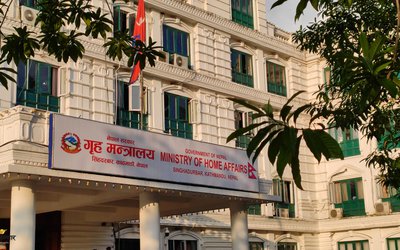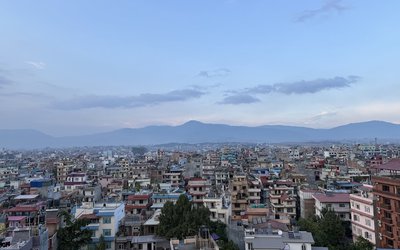
Indian government appointed expert panel has recommended that Bharat BioTech's Covid-19 vaccine, Covaxin, should be given restricted emergency use in India.
Bharat BioTech's Covid-19 vaccine, Covaxin, has become the second vaccine to secure recommendation for restricted emergency use from a government-appointed expert panel in India. This comes a day after the panel made a similar recommendation for Covishield, the vaccine developed by Oxford University and AstraZenca.
An expert panel of the Central Drugs Standard Control Organisation (CDSCO) on Saturday recommended Covaxin should be granted restricted emergency use in India.
The expert panel made the recommendation for Covaxin saying it should be granted permission for "restricted use in emergency situation in public interest as an abundant precaution, in clinical trial mode, especially in the context of infection by mutant strains".
However, a final decision on whether these two vaccines should be given emergency use approval in India will be taken by the Drugs Controller General of India (DCGI).
The panel's recommendation for emergency use for the two vaccines paves the way for rollout of Covid-19 vaccines in India.
Meanwhile, apart from the recommendations for Covaxin and Covishield, the Subject Expert Committee (SEC) of CDSCO also recommended Phase-III trials of the vaccine candidate that is being developed by Cadila Healthcare Ltd.
On Saturday, all states and UTs held a dry-run for Covid-19 vaccination. Union Health Minister Harsh Vardhan appealed to people not to be misguided by rumours and disinformation regarding the safety and efficacy of coronavirus vaccine.
The health minister said free vaccine would be provided in the first phase to the most prioritised beneficiaries, including one crore healthcare and two crore frontline workers.
He said the details of how 27 crore priority beneficiaries -- those above 50 years of age and those below it having comorbidities -- would be vaccinated until July are being finalised.
The dry-run was conducted in state capitals in at least three session sites. Some states also included districts that are situated in difficult terrain or have poor logistical support.
- Iran, US to continue talks for nuclear deal
- Apr 20, 2025
- Putin announces Easter ceasefire in Ukraine
- Apr 20, 2025
- ICIMOD Says Hindu Kush Himalaya (HKH) Faces Lowest Rainfall In Third Conseqquetive Year
- Apr 19, 2025
- Tatopani Border Point Will Be Upgraded: Foreign Minister Dr. Deuba
- Apr 19, 2025
- Zelenskyy accuses China of supplying weapons to Russia
- Apr 19, 2025




